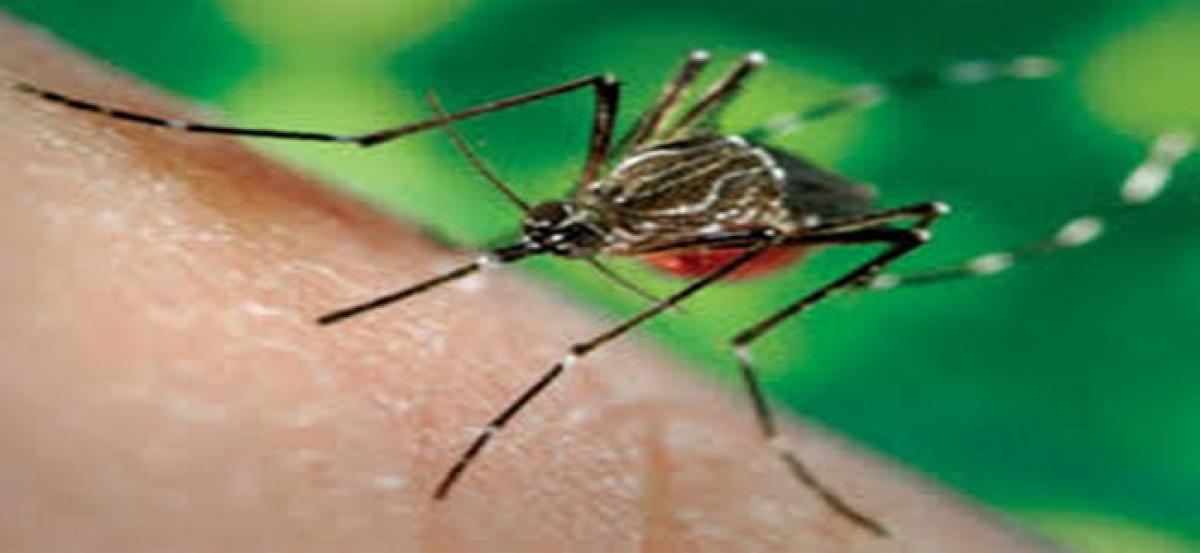Live
- Options data flags rising volatility
- Contrarians in sight amid low volumes-led pull back rally
- ‘Ksheera Sagara Madhanam’ enthrals audience
- Nifty back below 200EMA/ 200DMAs
- US Navy shoots down own jets over Red Sea
- Nara Devansh sets world record in chess
- Team India cross their fingers
- 3 energy efficient projects to reduce power bills in AP
- Governor Jishnu Dev Varma to Attend ABVP 43rd State Conference in Siddipet Today
- Transgenders to Begin Traffic Assistant Duties in Hyderabad from Tomorrow
Just In

In one of the largest studies of its kind, researchers analyzed chikungunya and dengue outbreak data from 76 countries over a period of 50 years
Washington D.C. [USA] : In one of the largest studies of its kind, researchers analyzed chikungunya and dengue outbreak data from 76 countries over a period of 50 years.
They mainly focused on regions across the Indian Ocean that are hard hit by these and other mosquito-borne infectious diseases.
The data revealed that population density and proximity to a country already experiencing an outbreak were the factors most closely associated with a country's own likelihood of experiencing an outbreak.
Lead researcher, Marilyn O'Hara Ruiz, said," As a geographer, I was glad to see that the first law of geography held true, which is that things that are near each other tend to be more alike."
"In general, when we look across time, these things are quite localized in that countries that are near each other are more likely to have the same outbreak," Ruiz said. "We also found that outbreaks are more likely to co-occur in densely populated areas."
The new study found no significant association between local temperature or precipitation and outbreak risk, a somewhat unexpected finding since heat, rain, and fluctuations in mosquito populations are often linked.
Pathobiology Professor Rebecca Lee Smith said, "Another important implication of the work is that countries need to share data with their neighbours. Mosquitoes don't recognize borders. So, we need epidemiology without borders."
Chikungunya and dengue are mosquito-borne viral diseases with overlapping distribution globally.
Dengue infections are on the rise globally, according to the World Health Organization. Both diseases are more likely to occur in tropical or subtropical regions.
The full findings are present in the journal- Spatial and Spatio-temporal Epidemiology.

© 2024 Hyderabad Media House Limited/The Hans India. All rights reserved. Powered by hocalwire.com







